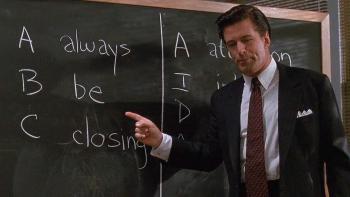
Reflections on the billable hour, from Tim Harford in a piece entitled, The billable hour is a trap into which more and more of us are falling:
Twenty years ago, M Cathleen Kaveny, a professor of law and theology, began an article with the observation that “Many lawyers are very unhappy, particularly lawyers who work in big firms. They may be rich, and getting even richer, but they are also miserable, or so they say.” Was this sad state of affairs caused by long hours or stressful work? Perhaps.
But Kaveny identified a more specific culprit: the “billable hour” — or even more precisely, the billable six-minute increment. By accounting for every moment of their working lives, and defining each moment as either “billable” or, regrettably, “non-billable”, lawyers were being tugged inexorably towards an unhappy, unhealthy attitude to the way they spent their time. ….























